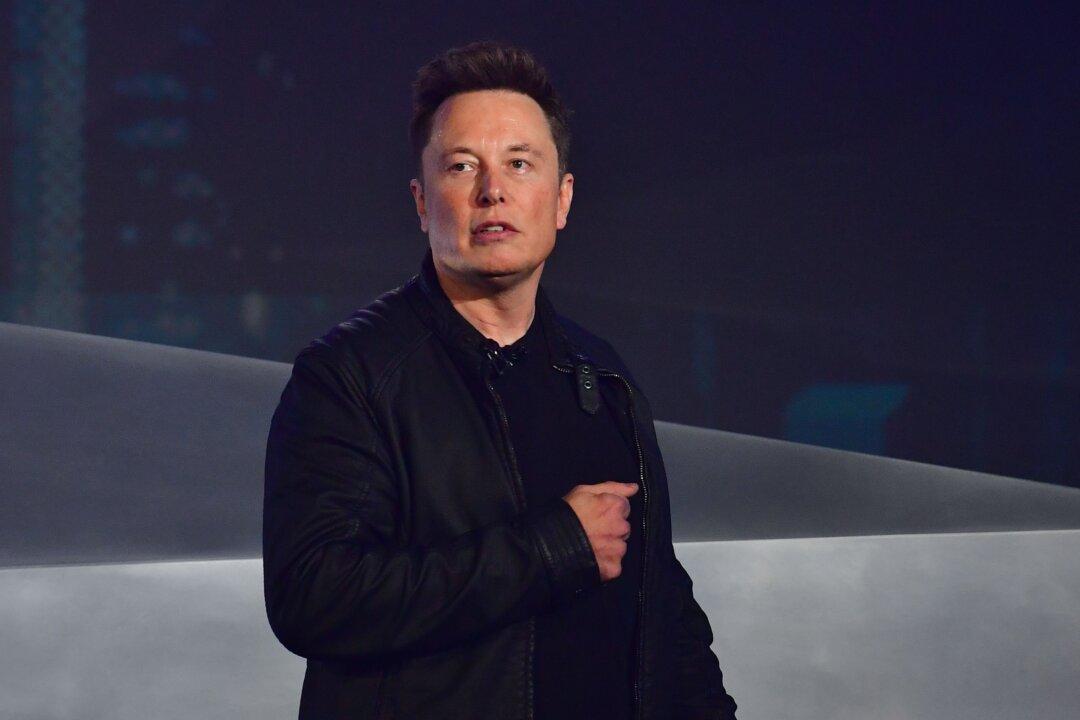Tesla Inc. is suing the federal government and U.S. Trade Representative Robert Lighthizer to block the Trump administration from collecting tariffs on certain items the electric car maker imports from China.
The California-based electric vehicle and clean energy company filed its lawsuit Monday in the U.S. Court of International Trade, arguing that the Trump administration’s tariffs on the goods are unlawful. It seeks a cancellation and refund of the duties it has already paid, with interest, Bloomberg first reported.





